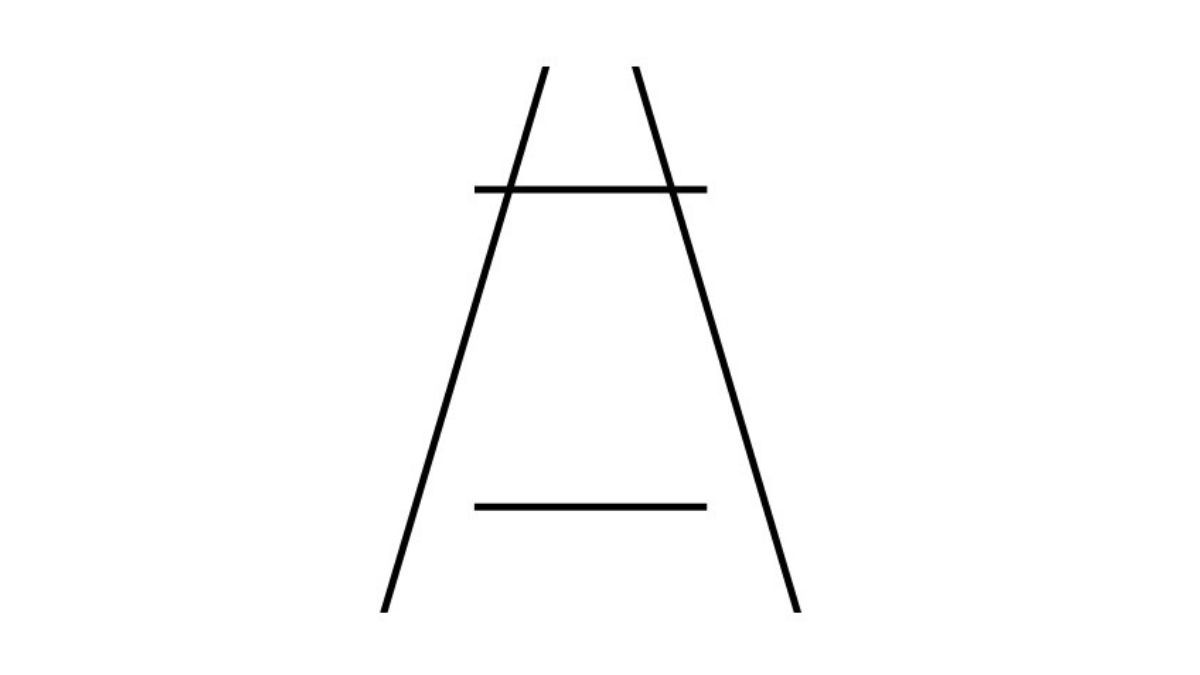Shared rules set by a specific group guide behaviour
Cultural norms
This is located at the back of the eye
Retina
Explicit and Implicit attitudes, Explicit is conscious and they are open about the attitudes and they align with their behaviour whereas Implicit is involuntary, unconscious, and uncontrolled, where implicit attitudes may not align completely with their actions these actions will be affected unconsciously.
Recalling information in the same order as provided
Serial recall
Milgram Studied
Authority and obedience
Keeping the values and ideas form the original culture while abiding by the rules of the adopted culture
Acculturation
Biological influence on Visual Perception
Ageing Or Genetics
What is the cognitive dissonance theory
When the associated behaviour does not match with the belief
These cues assist retrieval, due to the external environment being the same as when learning
Context dependant cues
What is the first stages of Ducks(2006) dissolution model.
intra-psychic stage
Name two ways to easy culture shock
Education
Resilience
New communities
Learning the language
 Name this illusion
Name this illusion
Ponzo Illusion
What is self serving bias
Self serving bias is the tendency to contribute our successes to internal factors and failures to external factors outside of our control
Pseudo forgetting
Who studied obedience and persuasion, by language styles with injunctive and descriptive messages
Cialdini 2006
Superordinate Goals
Stimulus is given meaning based on our experiences, views, motives and context
Name this stage of vision
Interpretation
What where the two different types of attribution, found in Ross's (1977) Study,
Dispositional attribution and situational attribution
Responding to the conditioned stimulus but not any other stimulus that is similar
Stimulus discrimination
festinger 1957
Feeling one's own ethnicity is superior to others
Ethnocentrism
Proteins in the lens break down causing cloudy spots.
Name this disease
Cataracts
Name one of the three mental processes used to determine and maintain who is apart of an in or out group, proposed by tajfel (1970)
Social Categorisation
Social Identification
Social Comparison
Newly acquired material, inhibits retrieval of previously learned material
Retroactive Interference
What did Buss (1990) study
The international mate selection project